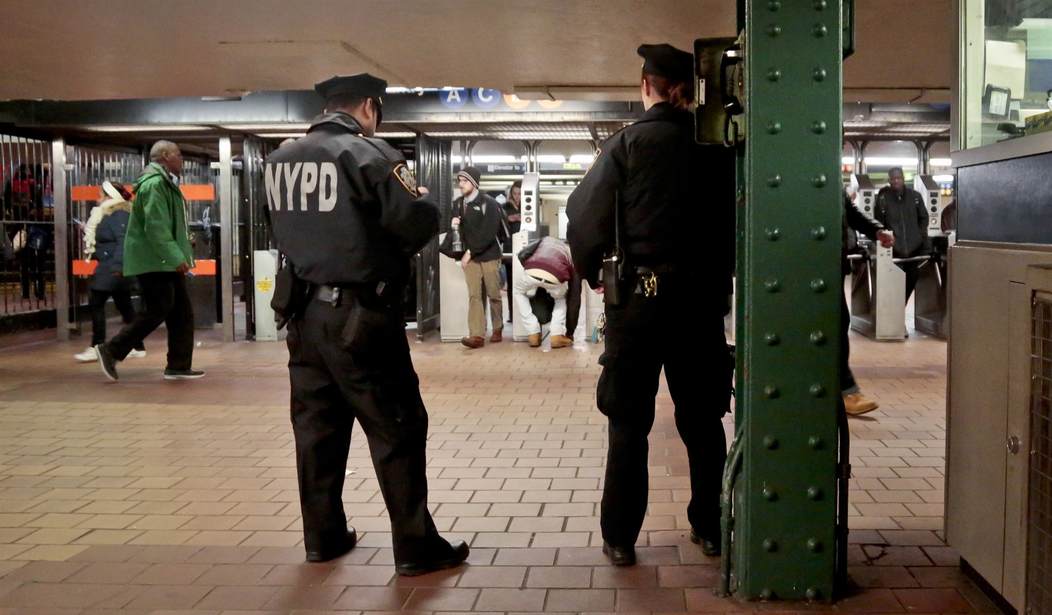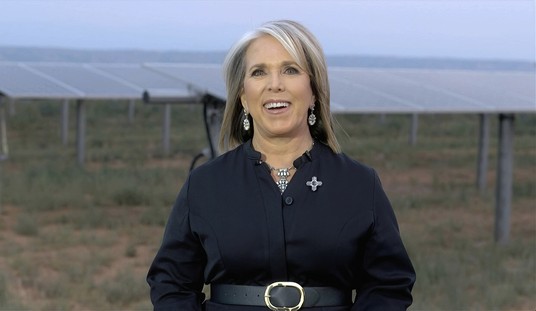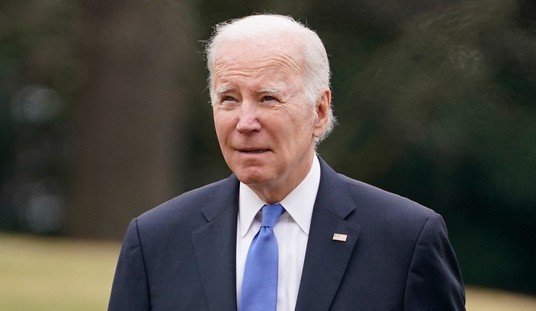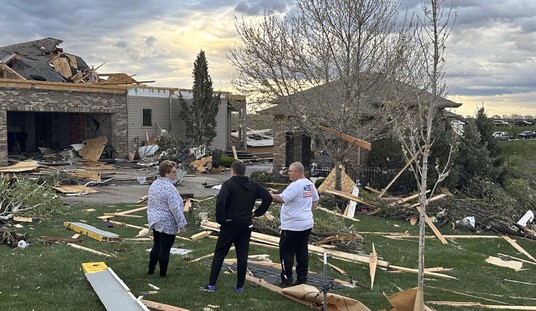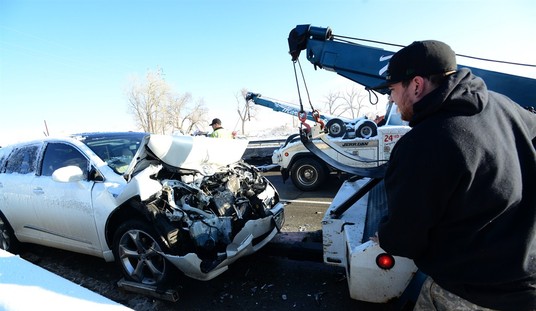New York City’s subway system has been the focus of attention lately due to its problems with crime. The issue has grown to the point that Gov. Kathy Hochul deployed the National Guard to keep people safe.
For the millions of people who use the subway system, the rise in crime has made the ride more precarious, a problem Hochul and the local government are grappling with.
However, at least some who view the situation through a progressive lens are missing the entire point when it comes to keeping people safe. Author Qian Julie Wang penned a rather Pollyannish piece for "The Atlantic" in which she argues that more police or National Guard members won’t actually make passengers feel safe.
In the piece, Wang discusses Hochul’s new plan, which involves 750 National Guard troops, 250 state police, and the use of bag checks at entrances to ensure people are not carrying weapons. She claims that Hochul’s actions misunderstand the reality that a sense of community and mutual aid among fellow commuters is what actually makes them feel safe.
And the plan misapprehends what makes riders feel safe: not cops or soldiers, but fellow riders. Ask any New Yorker what they love about the subway—and what makes them feel safest down in those busy tunnels—and they will say the community of their fellow riders. The kindness of the brisk good Samaritans who stop just long enough to carry luggage up the stairs without a word; the infectious energy of dancers who bring showtime to cars and platforms across the city; the laughter exchanged after sharing a very New York moment of dodging a subway rat. Nowhere on this list is the presence of national militia and state law enforcement—no, that is a burden, not a perk; we ride the subway in spite of, not because of, such features.
Wang intimates that the crime issue on New York City’s subway system is exaggerated, pointing out that “Mayor Eric Adams said on social media the very same day the governor announced her new plan that transit crime last month was down 15 percent compared with the same month last year.” The author takes a shot at Hochul, claiming that her “intervention in our city’s lifeblood is perhaps an unsurprising political move in an important election year.”
Then, the author does what progressives always do: Bring race into the conversation.
In 2020, when white-collar New Yorkers had the privilege of abstaining from the subway, their poorer, more marginalized counterparts continued to take the train because they had no other choice. These are the very individuals whom the governor’s plan might deter from riding the subway: People of color, for instance, are far more likely to be stopped by law enforcement, to be criminalized and institutionalized. The governor’s plan compounds existing structural barriers to equity and justice.
She concludes by referring to Hochul’s comment that those who do not wish to submit to a bag check can “go home.”
“Where, I ask, does that leave the countless New Yorkers for whom the subway is the only way home?” she asks.
This all sounds nice. However, a sense of community isn’t going to keep people safe, especially with the laws New York has imposed, which makes it harder for civilians to protect themselves. The problems with the city’s subway system are very real.
You might remember that in 2020, the city’s bail reform policies were in full swing, protecting criminals instead of the people they victimized. RedState’s Nick Arama reported on the story of Charles Barry, a criminal who sang the praises of Democrats’ bail reform policies after having been arrested 139 times for robbing people on the subway.
After his 139th arrest, he said, “Bail reform, it’s lit!” and “I take $200, $300 a day of your money cracker! You can’t stop me!”
In another instance, a man was arrested after he defended a woman who was being robbed by a homeless individual on the subway. He fired a warning shot at the man’s feet, which stopped him in his tracks.
On Thursday, a passenger shot an assailant with his own firearm after a violent confrontation on a subway train. Luckily for the passenger, the city decided against arresting and prosecuting him for defending himself.
New York’s government is not exactly friendly to the idea that people should be allowed to defend themselves. Their draconian gun control laws have made it difficult for New Yorkers to keep and bear arms. This has only empowered criminal elements who do not care about these laws.
Suppose folks like Wang want fewer police officers patrolling the subways. In that case, it only makes sense to allow people to possess the means by which they can protect themselves from violent evildoers. A would-be assailant will be far more hesitant to attack people on the subway system if they know their mark, as well as the other people on the scene, is likely armed and dangerous.
Adding police can help with public safety. But people are safest when they are empowered to defend themselves. The Second Amendment is a much more effective way to safeguard life than simply existing in a “community.”

